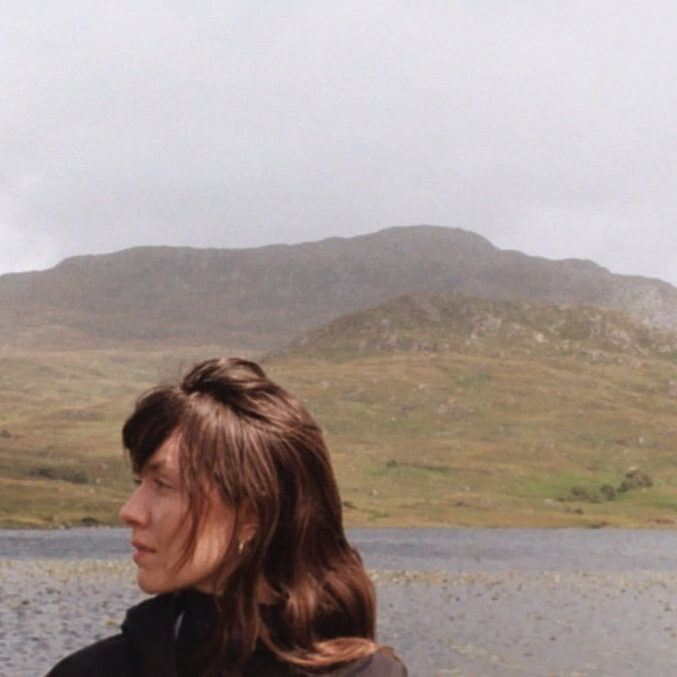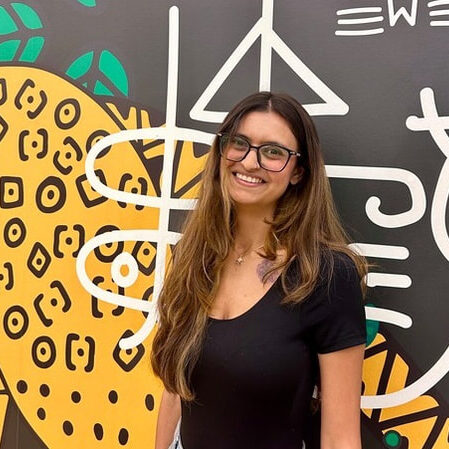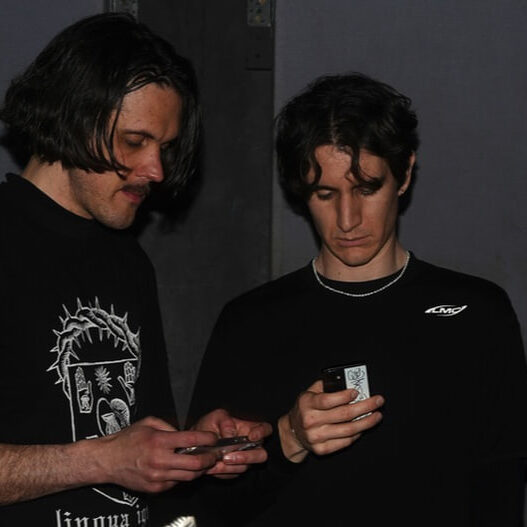We are delighted to share the news of the recipients of the Authenticity Unmasked: Unveiling AI-Driven Realities Through Art artist commissions, the culmination of which will be exhibited during the 2025 Edinburgh summer festivals as part of a broader AI, Art and Creativity showcase. More details to be announced soon.
Across the next few months these selected artists will explore AI’s role in reshaping authenticity perceptions, challenging audiences to question when, and why, digital content is perceived as real.
AI-generated content is reshaping how we perceive truth and authenticity. From viral deep fakes to AI-altered political videos designed to manipulate public opinion, digital authenticity is increasingly uncertain. AI tools can even rewrite personal history, generating images of moments that never existed or altering past memories.
The commissioned artworks will be presented at a public exhibit as part of the Edinburgh Festivals in August 2025. They will challenge our understanding of authenticity, engaging audiences in questions such as: When do we care if content is authentic? What shapes our perception of digital truth? How can we foster trust in digital media?
This Commission programme is presented in collaboration with Adobe and the Content Authenticity Initiative (CAI), co-founded by Adobe in 2019 to enhance transparency and provenance in digital media.
Selected artists

Georgia Gardner
Georgia Gardner is an interdisciplinary artist and researcher from Scotland, working with research-driven performance, video, sound, and writing. Georgia’s practice explores embodiment, (dis)obedience, and intersecting forms of reproduction that create a social template for success. This template instigates a rhythm of other-oriented striving and quiets self-conceptions of worthiness. Queering this template that often correlates otherness with failure, Georgia’s practice spends time with our everyday, embodied, and empathetic rebellions.
“I am interested in researching how the central concepts of my practice interact with the developing technological ecology in the arts. Particularly, I am thinking about technomorality and how my artistic values—empathy, embodiment, and introspection—conflict with artificial production.”
https://georgiagardner.com/

Kinnari Saraiya
Kinnari Saraiya (b. Bombay, based in London) is an artist, curator, writer and thinker of the colonial present. She works within the gaps in knowledge, the inaccuracies of interpretations, the mistranslations of a text, where myth weaves around a historical narrative forcing the collision of pre-humanist thought and posthumanist desire. Through the recovery and binding of ancient and new tools, resources, and technologies, her work constructs a portal, a time capsule that helps define, find, create, escape, and imagine a fluid future.
“I’m really excited to be part of this commission, experimenting with artificial intelligence, algorithms, and archives to build speculative stories and challenge how we remember, interpret, and imagine new futures.”

dmstfctn
dmstfctn, (f.k.a Demystification Committee), is a London-based duo formed by Oliver Smith and Francesco Tacchini, working with installation, performance, films, and video games. Their work has focused on opaque systems of technology and power, most recently looking at anomalies in artificial intelligence. dmstfctn often directly involve audiences in their work, inviting them into the ‘demystification’ of systems by replicating and replaying them together, and into their ‘remystification’ by building worlds, characters and myths atop them. They have performed and exhibited internationally in venues such as Berghain, Serpentine, HKW and Onassis, and at festivals such as Unsound, CTM and transmediale.
“We’ve been searching for the deceptive characters role-played by AI systems for the last few years. We look forward to think back and think further on this with a new research community.”
About CREA-TEC
Generative Artificial Intelligence (GenAI), stands as one of the most disruptive technological advancements since the inception of the internet. The CREA-TEC project addresses the challenge of guiding responsible innovation in the development of AI-assisted tools for the creation and consumption of creative content.
CREA-TEC is led by Dr Caterina Moruzzi, Chancellor’s Fellow in Design Informatics at the University of Edinburgh, and the creativity technology company Adobe. The project will last 18 months, from May 2024 to October 2025.
About Institute for Design Informatics
In the Institute for Design Informatics, we fuse design and creative methodologies with data, data science and data-driven technologies. We create prototypes and experiences that make real to people the ideas that underpin the data society, and aim to ensure that new technologies sustain and enhance human values.
About Inspace
Inspace is part of the Institute for Design Informatics and is a collaborative hub, commissioning and producing creative activity. Our public programme connects data, research and creative talent. We host events and exhibitions where people can explore, learn, debate and create. Our programme unlocks digital technologies, tools and data and explores their role in society through a creative lens. We are home to Inspace City Screens, a unique seven screen street front projection space visible from Potterrow in Edinburgh.

